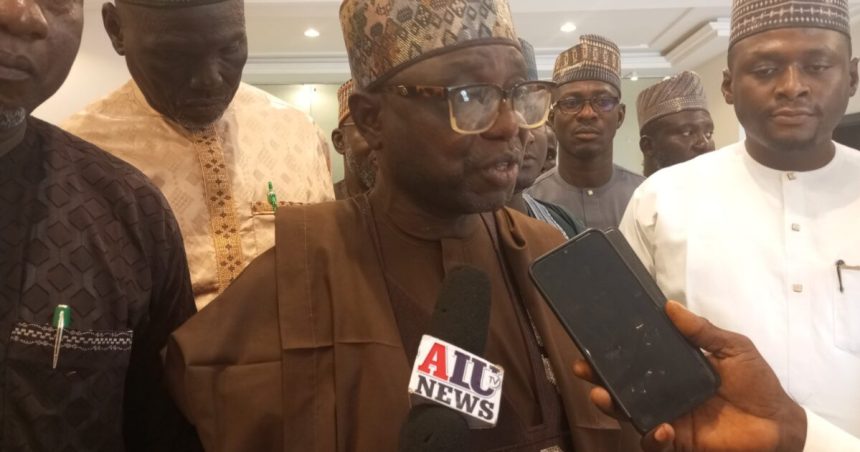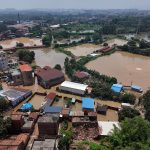Seven states in Nigeria’s Northwest have pledged to scale up interventions and allocate dedicated funding in their 2026 budgets to improve sanitation and hygiene.
The commitment was made on Thursday during a two-day regional conference held in Sokoto, where officials from Sokoto, Kebbi, Kano, Jigawa, Kaduna, Zamfara, and Katsina states converged to chart a common course against open defecation, a practice health experts say contributes significantly to preventable diseases such as cholera and dysentery.
The conference, organised by UNICEF under its Water, Sanitation and Hygiene programme, centered on the Sanitation Voucher Initiative, an innovative programme designed to support vulnerable households in building toilet facilities.
Declaring the initiative as a “health and moral obligation,” the Zamfara State Commissioner for Local Government and Chieftaincy Affairs, Ahmad Garba, described open defecation as a key driver of disease outbreaks, especially in underserved rural communities.
“Not every household can afford to build a toilet. That’s why this voucher programme is a powerful intervention. Zamfara is fully committed—we are aligning our policies, funding, and outreach to end open defecation,” Garba said.
He emphasized that both Islam and Christianity advocate hygiene and environmental cleanliness, adding that ending open defecation should be viewed not only as a public health duty, but also as a religious and cultural imperative.
Addressing concerns over insecurity, Garba cited Katsina State as a model of resilience and determination, noting that 33 out of 34 LGAs in the state have been declared open defecation-free despite grappling with security challenges.
“We are learning from Katsina. Their achievement shows that with the right strategies, progress is possible even under tough conditions,” he said.
Delegates at the conference, including commissioners, local government chairmen, environmental specialist and other stakeholders, called for greater inter-state collaboration, community engagement, and involvement of traditional and religious institutions.
“We’re returning home with a renewed mandate. We will involve district heads, imams, pastors, and community influencers. Open defecation is not just a health risk, it is socially unacceptable,” Garba said.
The states pledged to embed sanitation-focused programmes into their upcoming budget cycles, as Nigeria races against time to meet its national target of ending open defecation by 2030, in line with the Sustainable Development Goals.
The sanitation voucher scheme, delegates said, represents a cost-effective and people-driven approach to achieving clean, safe, and dignified communities across the Northwest region.









